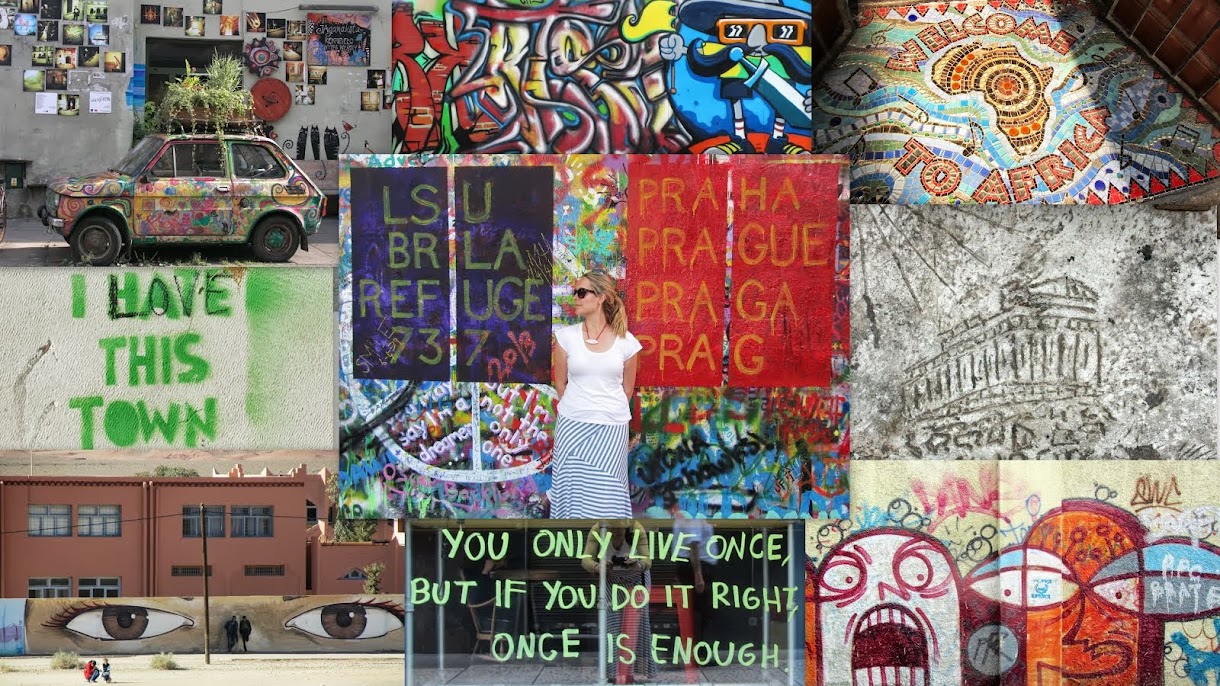Before the recent coup d'etat, the tension in Thailand was rather palpable - in certain, specifically designated, areas. Protests, primarily peaceful (the number of fatalities can be counted on one hand), filled the business district of Bangkok. Tents began popping up, and soon lined street medians, sheltered by suspension walkways and Bangkok's
Sky Train. Individuals were in it for the long haul. The entrepreneurs of the group began vending food and civil unrest souvenirs, largely equating to lighthearted political jabs written on T-shirts.
And the rest of the city's (nay, country's) tenants - both permanent and otherwise - took more thought into their wardrobe each day, mostly steering clear of anything red or yellow.
Thailand's most prominent political division is represented in color. The poorer class, consisting mostly of farmers, and a few wealthier left-wing activists -- each of whom are against dictatorship, don red. Everyone else, yellow.
For years, individuals who now consider themselves Yellow Shirts controlled the country. The lower class community was left struggling and were without resources if an unforeseen incident occurred.
My hairstylist in Chiang Mai explained it in the following way.
"My father was a farmer. He was our family's sole breadwinner. We never had much money. And we always worried about illnesses. If he had gotten sick, we wouldn't have been able to pay the hospital fees. Instead we would have had to plead with a wealthy family for money. They would respond with one of two answers. One, that they would help us, but we would have to leverage our farm. The other answer would be no, that they wouldn't help. Either way, we'd lose our farm."
Then a man by the name of Thaksin Shinawatra was elected Prime Minister. Initially, he was supported by the majority of the population. Soon after, tides began to shift. He appealed to the farmers, the Red Shirts, offering them an education and affordable health-care. No longer did families face the fear of losing their livelihood when health concerns came in to play.
The Yellow Shirts found a certain number of his policies to be corrupt, and in events which lead to a military coup, had Thaksin exiled from the country in 2006 - five years into his office. The title was eventually transferred to his sister, Yingluck Shinawatra, whom many call "Thanksin's puppet". Yet, it took a number of protests by Red Shirts, and a few lives lost, before the title was passed.
The most recent turn of events had the Yellow Shirts crying for a change. They wanted "Thanksin's puppet" out. Yingluck offered elections. Soon after, she retracted her offer. Enraged, the Yellow Shirts fled to the streets, filling it with the sound of voices seeking a change.
A change which came, with a coup d'etat. And so the cycle continues....




